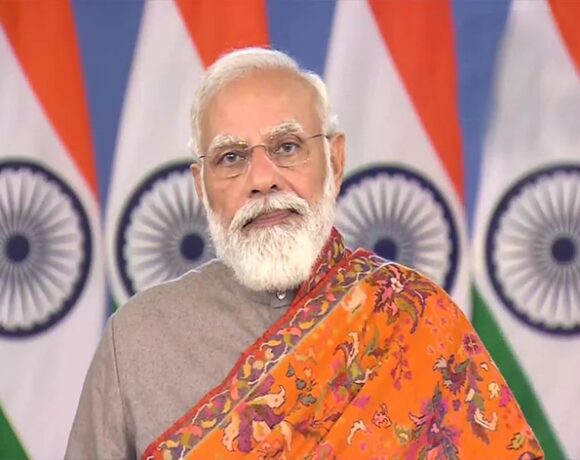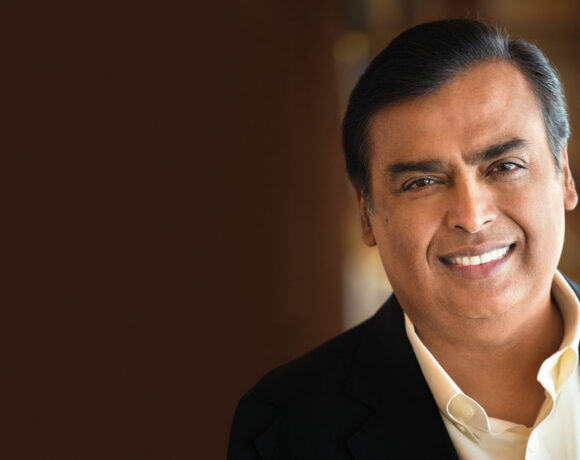Doing Business with an inclusive mindset

A decade ago ‘Social Business’ had been considered an oxymoron, indicating that they are seemingly divergent economic paths. Several leading social entrepreneurs have proved over the years that it is not true and social businesses thrive when they are looked at as businesses and not philanthropy. Prof Mohammad Yunus , the Nobel laureate 2006 for peace, has been widely recognised as the father of the ‘microcredit’ business ecosystem he originally developed in Bangladesh under the aegis of the Grameen Bank and spread it across the world. His fundamental tenet in the microcredit movement has been to ‘use business principles to solve social issues’. The compelling thought also is ‘social problems’ are not for ‘others’ to solve, but for every individual to roll up their sleeves and do their bit. Prof Yunus spoke at the recent social business lecture series hosted by ESAF Bank, and came out several thought provoking ideas.
An interesting sociological shift we see around us is the ever growing divide between the ‘haves and the have nots’. While it seems so outside our remit to even think of anything beyond ourselves and the immediate circle of family of friends, it serves well to remind ourselves that we are all elements in the large societal ecosystem we live in and are positively and negatively affected by the changes that are in motion around us. There are, yet, consolatory voices which say that ‘but we are more connected to everyone right now’, and social media has brought us close than ever before. Well, the jury is fairly clear on this one –we are connected and perhaps more so than ever in the past but each of these connections remain the vestige of faceless calls and language texts on your smart phone. There are moments when we feel that we need to indulge more and do more and, then, we just move on the next fire and into another moment of thoughts.
So this portend to a selfish society? Or a world which does not care for each other and are too inward focused. It is definitely not that pessimistic! Intuitively, all of us know that it is important to help others, or to service someone who requires help. The gaps are in the lack of avenues and opportunities for us to step out of our personal cocoons –or at least that is what the consensus point to. So, how does one go about it? The beginning is to focus not just on selfishness, but also selflessness!
For starters, there are enough organizations which have been around for ages like the Rotary, Lions and many more affiliated International, national and regional association. All of them have solid bylaws and structure which are here to garner time and support of likeminded people and gather forces to do social good. The polio eradication with the support of the Rotary International is a classic case of how anonymous people around the world battled a disease with gumption and dedication and killed it to extinction. The charters of all these societies or clubs or forums are with the best intentions and with the verve to provide a platform for all likeminded people who can contribute to a large common good. What eventually happens, at times, is that these groups become more an extended business or career networking platform and the basic ethos of the very idea of formation dissipates with time. Another cardinal mistake some of them make is to seek new members ‘who are like them’ –similar profiles, similar younger people– brining in a diversity gap, which becomes a deficient component to generate the best of good ideas.
An interesting idea is to involve students in social entrepreneurship projects in schools and colleges. Humans are wired to become entrepreneurs. Entrepreneurship is not just starting a venture but a way of thinking and a way of life. It is the constant quest to do better, to doggedly follow improvements and to develop the keenness to make a difference. He regularly sees jobs being the end of creativity and people become just a ‘pair of hands’ doing things without thinking and without the zest to make a difference. One gets worried when educated creative young people say that they can’t find employment, when just opening your eyes can open you to a panorama of problems for you to solve and create a business out of. Prof Yunus says with a chuckle that we are fortunate that our forefathers did not wait to be given jobs but went about foraging, hunting and feeding themselves and their families.
Another very interesting concept proposed by his is the phases of life according to Prof Yunus, we should meter our lives into two phases. The first phase is to create wealth and happiness for us and our dear ones and then to create wealth and happiness for others. He says making money will make you happy but helping someone to make money will make you super happy. We are biologically engineered to be selfish but we also need to be consciously selfless. That psyche will take us to a world of three zeros –Zero poverty, Zero unemployment, Zero carbon Emission!
For a country which houses the largest population of ‘poor’ people, we don’t even understand the meaning of the word ‘poor’. The lexicon defines poor ‘the state of having little or no money, goods, or other means of support’. The focus of this article is on the necessity to indulge more and how this aspect of the economy needs to capture each Indian professional’s mind space –at least a small niche.
Corporations have created a proxy to rid themselves of this ‘guilt’ –CSR (Corporate Social Responsibility). The broad activities entail short term measures of charity and some clearly lack the vision to create models of sustainable support. To mull further, we just need to remember the biblical parable of ‘transitioning from giving fish to teaching fishing’. The action oriented implementation steps needed to eradicate poverty is in itself presents ‘rich economics’ –wealth distribution channels, the psychology of savings, the need for civil society to indulge more in building activities and similar initiatives, brick by brick.
While a normative four point plan is too ambitious a mandate, such a list tends to help us organize our thoughts and action
- Observe around you
Observing our neighborhood and surroundings is a start. It helps us shift focus from big picture questions to narrow down to our own realities. When we look around and identify the ‘poor’ and their activities, we get more ideas on what they require and what will make a difference. It is often our mental makeup of ‘what they want’ that completely throws us off direction. A good walk around your home with an inquisitive perusal and a perceptive mind can throw more inputs that intellectualizing at the policy drawing boards for years.
- Analysing what we observe
Analysis entails asking several questions on we have observed: what do they do; what do they buy; what do they do about their health and the health of their children; what are the choices they make; do they think about tomorrow; are they organized; do they take decisions; what are the government organizations doing; what is the real help they require –livelihoods, healthcare and education; what will sustain on a long term basis; and many more. The intention is not to get everything correct and build a blue print or a road map. The success of each action is much more short term. A few actions and the commitment to follow through is the only thing which is needed. There are NGOs and government initiatives which are searching for volunteers, helpful hands and kind minded people who are ready to spare a small fraction of their time.
- Associating with organized sectors like Microcredit
It is ultimately about knowing the lives and choices of the poor that tell us how to fight poverty globally and locally. One of the sectors which work hands-on in this area is Microfinance. It may not be the miracle or the magic bullet to the various issues, but the sector has hands-on experience on the various issues we need answers for. It has revealed that the small financial loans to self help groups (SHG) are more effective than the token subsidies. There is established evidence of improvement in hygiene, education, trade and self employment in the communities where SHGs are in action. There is ample opportunity to make money by doing well.
Success in these initiatives isn’t always far away as it seems and beyond the horizon. It is there waiting for your first step.
Rajesh Nair
Photo Courtesy : Google/ images are subject to copyright











